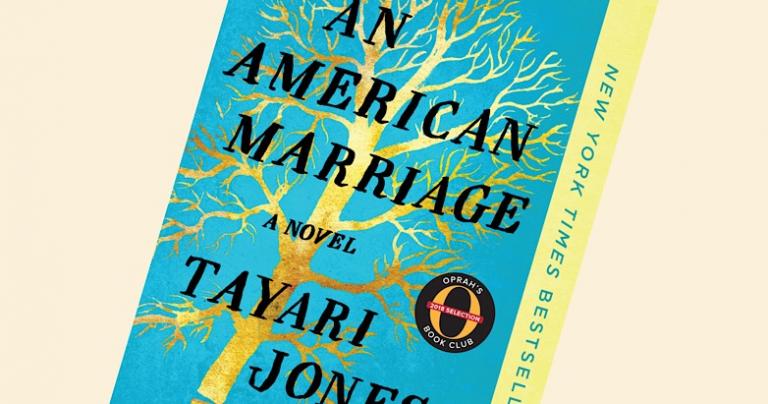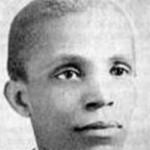 Any married American will find much of the book familiar, moving. This is an author gifted enough to make a President’s summer reading list and be selected by Oprah for her book club. The story and writing is can’t stop reading good. In a nation that too often hunkers down into narrow niches, those not African-American (especially) might get an education from a powerful American voice. The particular experience of America from college, wealth, success, police, justice, and power in the African-American community is lived and should be known.
Any married American will find much of the book familiar, moving. This is an author gifted enough to make a President’s summer reading list and be selected by Oprah for her book club. The story and writing is can’t stop reading good. In a nation that too often hunkers down into narrow niches, those not African-American (especially) might get an education from a powerful American voice. The particular experience of America from college, wealth, success, police, justice, and power in the African-American community is lived and should be known.
An American Marriage is universal, being very human, particularly American, and one voice of what it is to be African American now. Those are all good reasons to read the novel, but if it is educational (on many levels, in many different ways to many different people), An American Marriage is also a book for people who like to read.
It is interesting, never an educational novel, just a novel so good it educates. The novel comes first. We are presented with a couple very much in love, at least in the early stages of marital love that might and often does last. The marriage is secular, though Christianity lurks around the edges in the language, in the piety, and in prayer, yet cheating, violence, and even divorce are always options. Still the feelings, the prophetic Christian passion of a mother like Olive, are beautifully expressed. Love is present even in the midst of pain.
Here is a wife on her husband:
I wish I could have brought a selection of my art, the Man Moving series, all images of Roy—the marble, the dolls, and a few watercolors. I would say, “This is who he is to me. Isn’t he beautiful? Isn’t he gentle?”
Whatever might have been is destroyed when the Old South snatches these two young people of the New South and pulls them into the American nightmare of a young black man accused of rape in a Deep South state. The New South is real, yet the Old South prisons are rotten to the core and far too many African-American men (somehow!) spend far too much of their lives there. Escape is hard.
This is a difficult book, full of bad choices by everyone and one howling injustice, but also love getting lost, finding a way, and then wondering about itself. Love and pity often go together, but as pity increases, love must go. Pity, at least human pity, carries too much fear, of what might happen to us and of what happened to the other one, for love to flourish.
Pity drives the book, the enemy of love and happiness, lurks in injustice, the evils done to African-American men in America that, according to the author, was the initial inspiration for the book. As Roy puts it:
I thought of Walter again. “Six or twelve,” he sometimes said when he was depressed, which wasn’t all the time but often enough that I recognized a blue mood when it was settling in. “That’s your fate as a black man. Carried by six or judged by twelve.”
The end is spiritual, if not religious, and unsatisfying. American marriage keeps failing and some of us keep trying, but injustice breeds violence at worst and pity at best and no marriage can survive either.
God save American marriage.
Buy the book.












